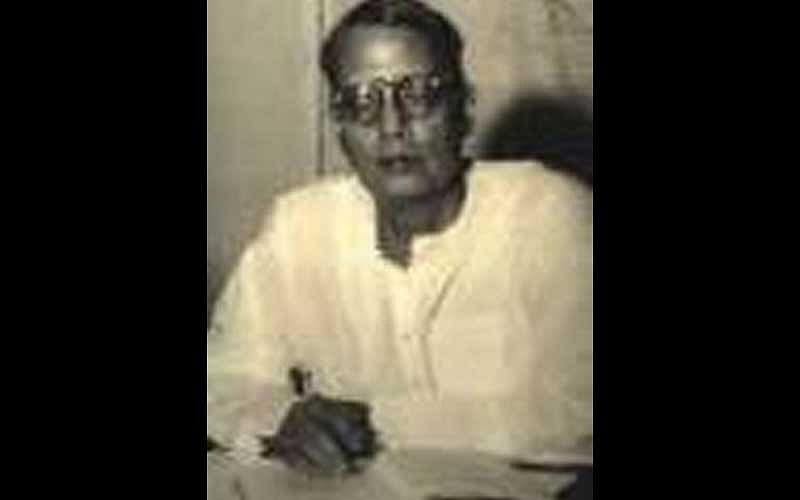
One may find it surprising that around 28 lakh women could not vote in the first General Elections in 1951-52 just because the country's first Chief Election Commissioner Sukumar Sen did not allow them to do so!
He had a reason – these women simply refused to give their proper names in the electoral rolls and insisted that they be identified as “A's mother, B's wife etc”. Almost all such cases were from “Bihar, Uttar Pradesh, Madhya Bharat, Rajasthan and Vindhya Pradesh”.
It was during the preparation of electoral rolls that it came to the notice of the Election Commission that a large number of women voters had been enrolled in some states not by their own names “but by the description of the relationship they bore to their male relations”, as they were “averse to disclosing their proper names to strangers”.
Soon after, the EC instructed that the name of a voter is an essential part of his or her identity must be included in the electoral rolls. “No elector should be enrolled unless sufficient particulars, including the name, were given," Sen wrote in 1955 in his official account of the first General Elections.
To ensure that more women voted, public appeals were issued and a one-month extension was given in Bihar for filing such applications to ensure that the number of women voters whose names were liable to be struck off the rolls might be reduced. An extension was given in Rajasthan also but the "response there was poor".
“Out of a total of nearly 80 million women voters in the country, nearly 2.8 million eventually failed to disclose their proper names, and the entries relating to them had to be deleted from the rolls,” Sen wrote.
However, Sen, who handled the second General Elections in 1957 too, was a happy man five years later as "women, in general, have come to value their franchise greatly and those women in respect of whom the entries had been deleted from the rolls in 1951 were in fact very disappointed when they saw their sisters exercising their franchise while they themselves could not do so".
After the 1951-52 polls, Sen had instructed officials to persuade women voters to disclose their proper names and then enrol them as electors. Parties and local women's organisations were also roped in and 92,141,597 women voters registered in the electoral rolls for the second general elections.
"In other words, about 94% of adult women have now been registered as voters," Sen wrote after the 1957 elections.

